Static cling is frustrating, especially, in winter season when indoor heating exacerbates the problem. It is an annoying phenomenon that occurs when clothes stick to your body or attract each other due to an imbalance of electrical charges. Fortunately, several effective methods exist to combat static cling and keep your clothes looking and feeling their best.
Other Topics You Might Like
Helpful Products You Might Like
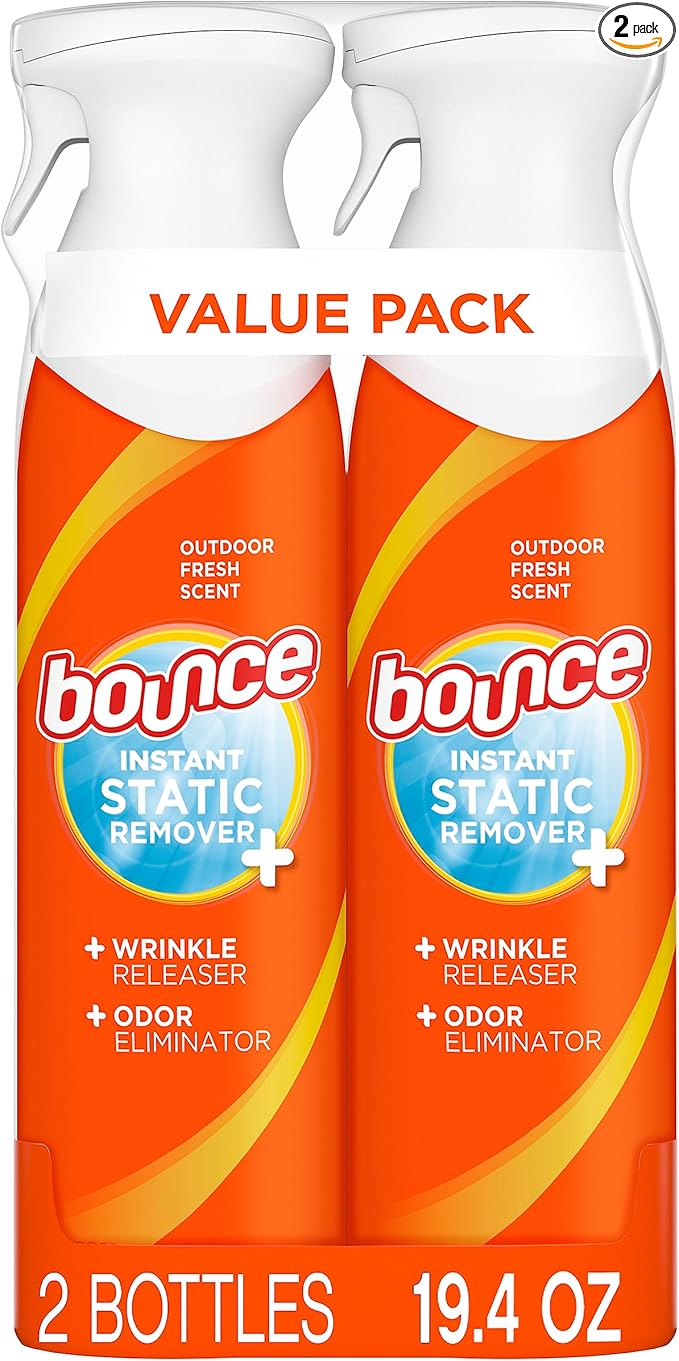
Bounce Anti-Static Spray
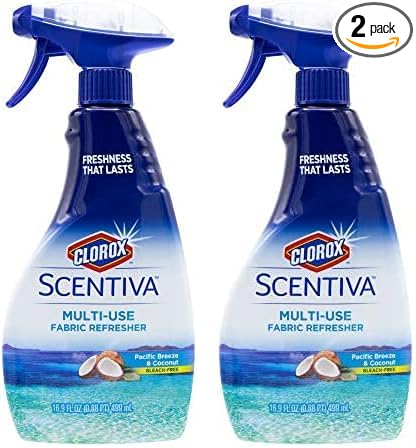
Clorox Scentiva Fabric Refresher Spray
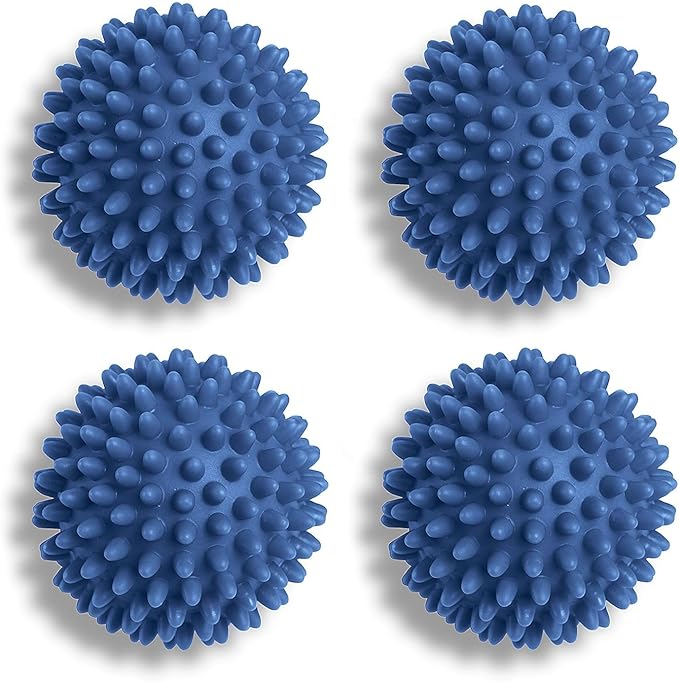
Whitmor Dryer Balls
"(Paid Links)" 
Understanding Static Cling
It happens when two objects transfer electron from one surface to another, when rub against each other. This process leads to an imbalance of electrical charges, that create attraction between items or a sticking effect on your skin. Synthetic fabrics, such as polyester and nylon, are more prone to static cling because they tend to generate more static electricity.
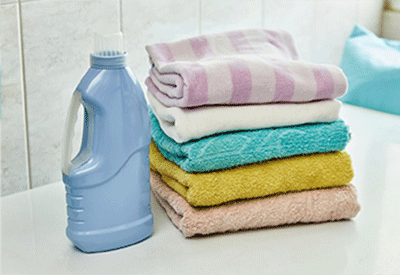
Effective Methods to Eliminate Static Cling
Use Fabric Softener
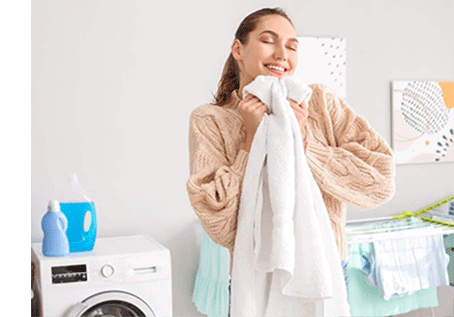
The best and simple solution to reduce static cling is to use fabric softener. Fabric softeners coat the fibers of your clothes with a thin layer of chemicals to reduce friction and static buildup. You can use liquid fabric softener or use dryer sheets, which also help to prevent static cling.
Dry Clothes Properly
Proper drying techniques also help to reduce static cling. Over-drying clothes or using high heat can worsen the static buildup. To minimize static, consider the following tips:
Use Anti-Static Spray
Anti-static sprays are specially formulated to neutralize static electricity on fabrics. These sprays work by adding moisture to the fabric, which helps to balance out the electrical charges and reduce cling.
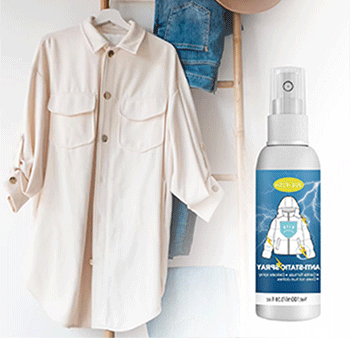
Try Homemade Solutions
If you prefer natural remedies, there are several homemade solutions you can use to combat static cling. Common household items like vinegar and baking soda can be effective in reducing static electricity.
Vinegar: Add a cup of white vinegar to the rinse cycle of your washing machine. Vinegar helps to break down detergent residues and reduce static cling.
Baking Soda: Add half a cup of baking soda to your washing machine to help balance the pH level and prevent static buildup.
Wear Natural Fabrics
Natural fibers such as cotton, wool, and silk are less prone to static cling compared to synthetic materials. Wearing clothes made from natural fabrics can help reduce the occurrence of static cling and keep you comfortable.
Keep Your Home Humidified
Static cling is more common in dry environments. Adding moisture to the air in your home can help reduce static electricity. Use a humidifier to maintain a comfortable level of humidity, which can help prevent static buildup on your clothes.
Use Metal Hangers
It is good to use metal hangers to store clothes. It will help to reduce static cling. Metal has the ability to discharge static electricity, which prevents clothes from sticking together or clinging to your body.

Conclusion
Static cling is a common issue that can be easily managed with the right techniques and products. Fabric softeners, proper drying methods, and anti-static sprays effectively reduce static buildup. For those who prefer natural options, vinegar and baking soda can be useful, and maintaining a humidified environment can further minimize static cling. By incorporating these methods into your laundry routine, you can enjoy wrinkle-free, static-free clothes all year round.
